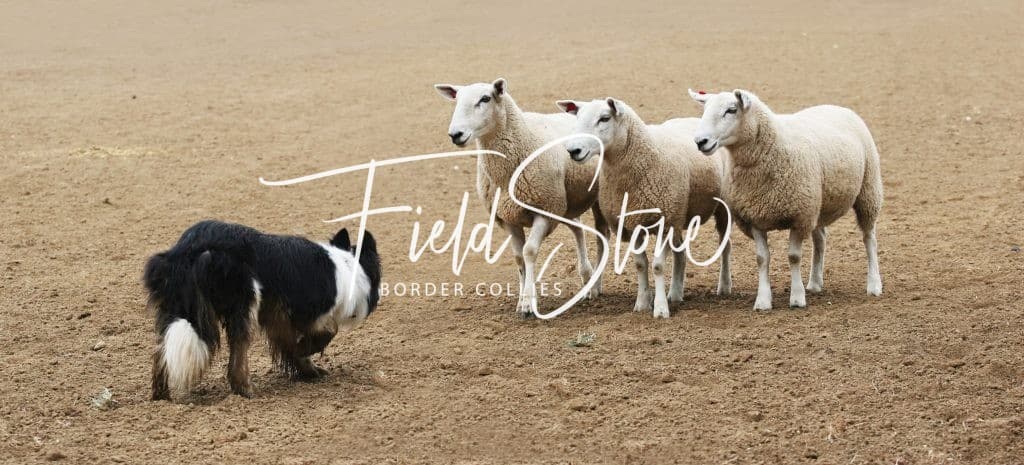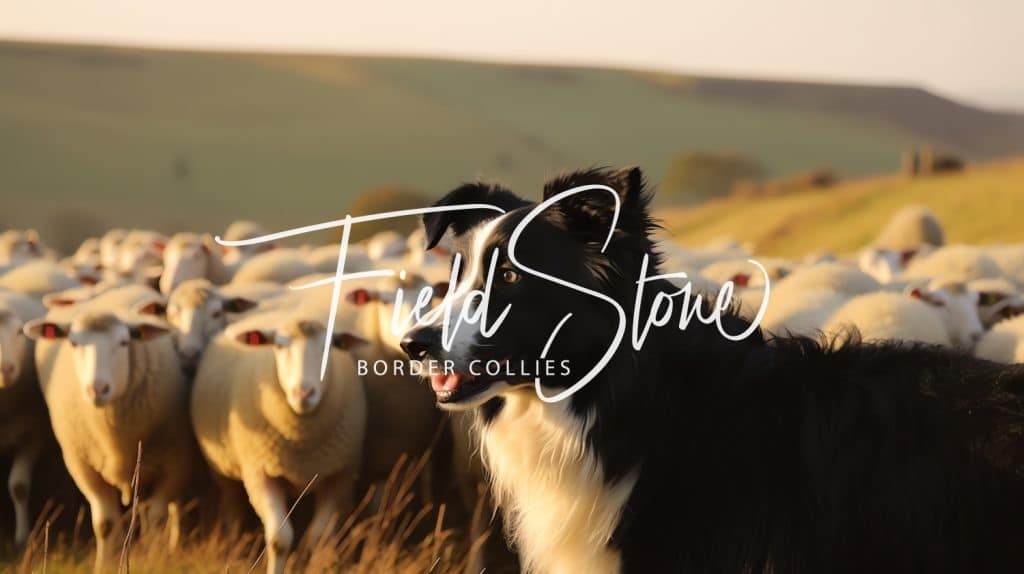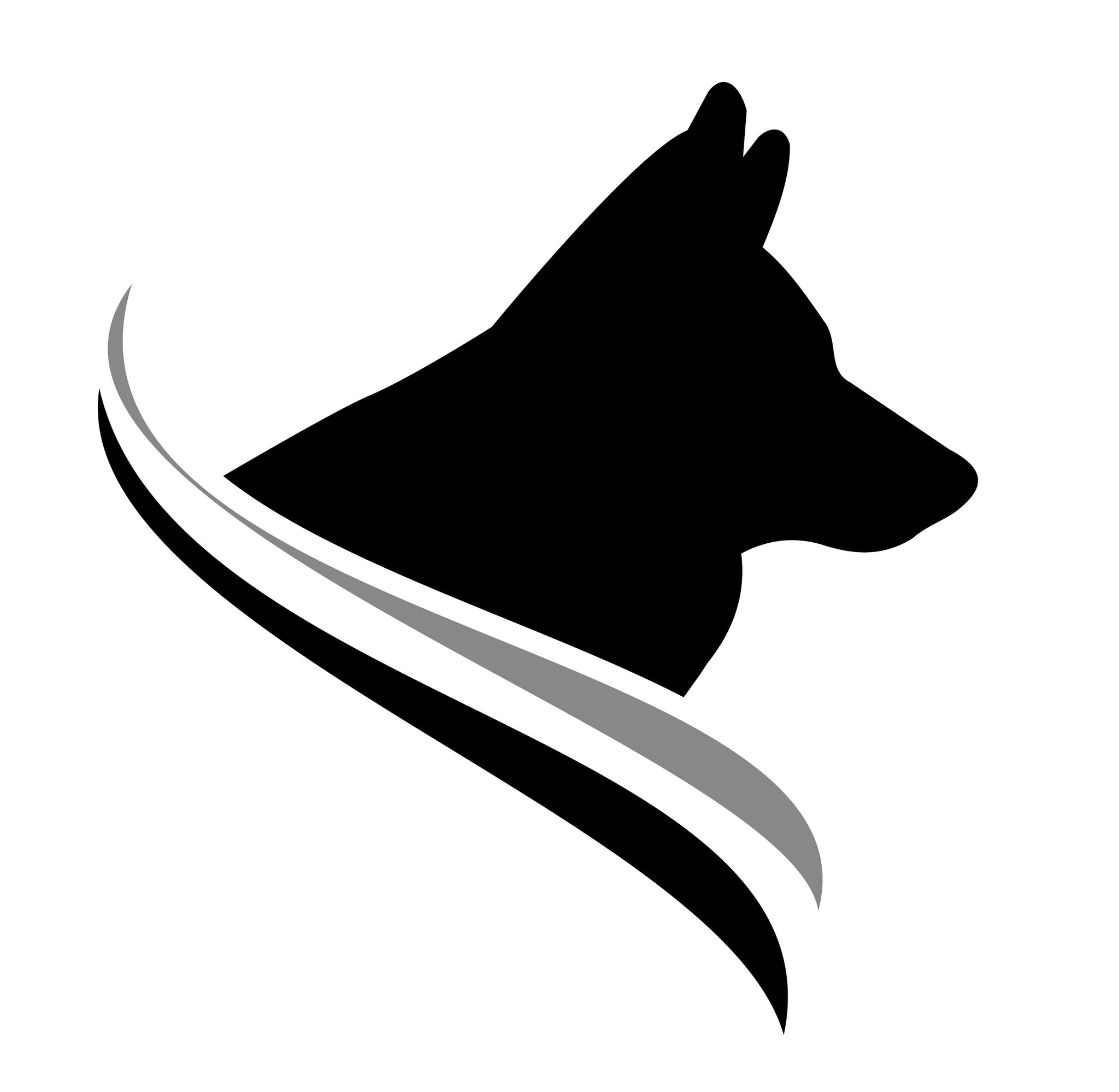The Genetics Shaping Border Collie Behavior
Border Collies were specifically bred for intelligence, speed, endurance, and sensitivity to movement. These genetic traits were purposefully selected to create dogs who excel at herding and working in partnership with humans, making their behavior distinctly different from most other breeds. Features such as the Border Collie “eye” (intense stare) and crouched stance emerge from hundreds of generations of selective breeding for stock work. According to bordercollie.org, this purposeful breeding has resulted in dogs that are deeply driven, responsive, and capable—but can easily become overstimulated, anxious, or frustrated if their instincts go unused.
Challenges Rooted in Genetics
Behavioral challenges—such as obsessive chasing, sensitivity to sound or movement, and difficulty relaxing in sedentary households—often arise directly from unrealized instincts. Genetics have also led to unique health issues, such as Border Collie Collapse, further revealing the interplay between inherited traits and daily experience. When Border Collies react intensely, it is usually a biological response to their environment, not a sign of stubbornness or bad training.

Why Purpose Matters: Insights from Breeders and Experts
Shepherds like Viv Billingham Parks and organizations including the American Border Collie Association emphasize that Border Collies were bred for a lifelong job; herding livestock over demanding terrain, in close collaboration with people. Removing them from these environments, while ignoring or misunderstanding their genetic purpose, can be a disservice to the dogs’ and the breed’s best interests. This viewpoint is significant; it reminds us that success with Border Collies relies on respecting their history and providing meaningful work or enrichment. Owners and professionals are encouraged to honor the roots of the breed by shaping relationships and behavior strategies that align with the dog’s instincts and natural drives.
Behavioral Support: A Better Way Forward
Expecting a Border Collie to behave like a typical house pet, without recognizing or accommodating their needs, leads to frustration for both dogs and owners. LEGS Family Dog Mediation® offers a better approach by advising training, enrichment, and routines that work with, rather than against, the dog’s instincts. Activities such as agility, herding games, structured puzzles, and regular mental challenges provide necessary outlets for the Border Collie’s natural talents.
The Dog-Human Bond: What Science Reveals
Recent peer-reviewed studies confirm the deep evolutionary partnership between people and dogs, anchored in both species’ histories. Dogs—including Border Collies—form strong, reciprocated attachments to humans; how those bonds are expressed is shaped profoundly by genetics and how we support those instincts. Creating a successful environment for Border Collies, therefore, means crafting routines and expectations with an understanding of their working origins.
Best Practice Takeaways
- Recognize Border Collies as shaped by nature and heritage—making genetics central to understanding and managing behavior.
- Provide structured activities that honor inherited instincts, preventing frustration and unlocking their potential.
- Integrate the LEGS model to adapt environments, routines, and relationships—seeing behavior through the lens of breed history, not just human convenience.
- Respect the voice of experienced breeders and organizations when making decisions for Border Collies; they offer guidance rooted in decades of living and working alongside these remarkable dogs.
- Stay informed with peer-reviewed science on genetics and the human-canine bond for the most compassionate, effective support.
By honoring both the science and tradition that shape Border Collie behavior, owners can build truly successful, rewarding partnerships—grounded in empathy, respect, and a full appreciation for what nature intended the breed to be.
Nature plays a defining role in Border Collie behavior, thanks to the deep genetic legacy woven into every aspect of their lives. Through the LEGS Family Dog Mediation® (FDM) model, Learning, Environment, Genetics, and Self, owners can move beyond quick fixes and begin to truly understand what drives the Border Collie’s unique responses in our homes. If you’d like a great explanation of the components of LEGS Family Dog Mediation look at Kerrie Hoar, MS as she guides this webinar.


